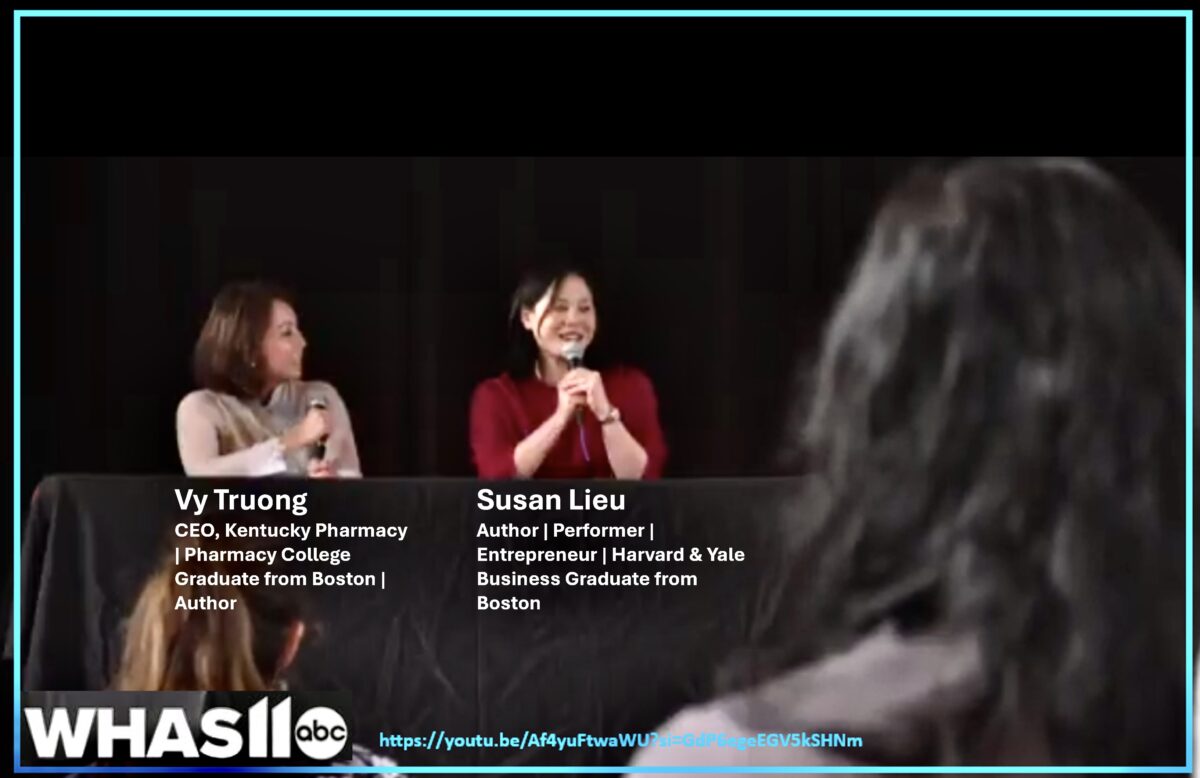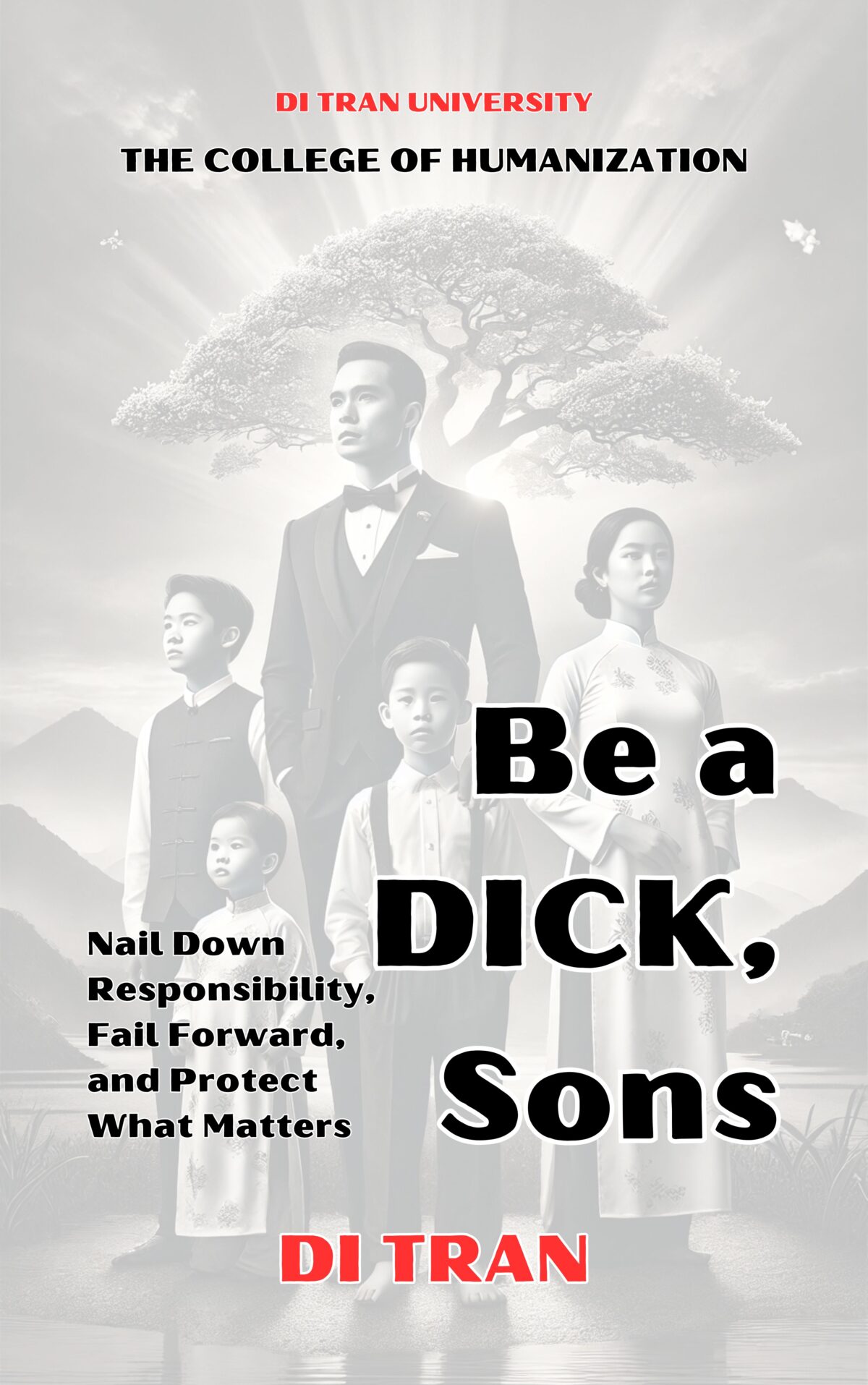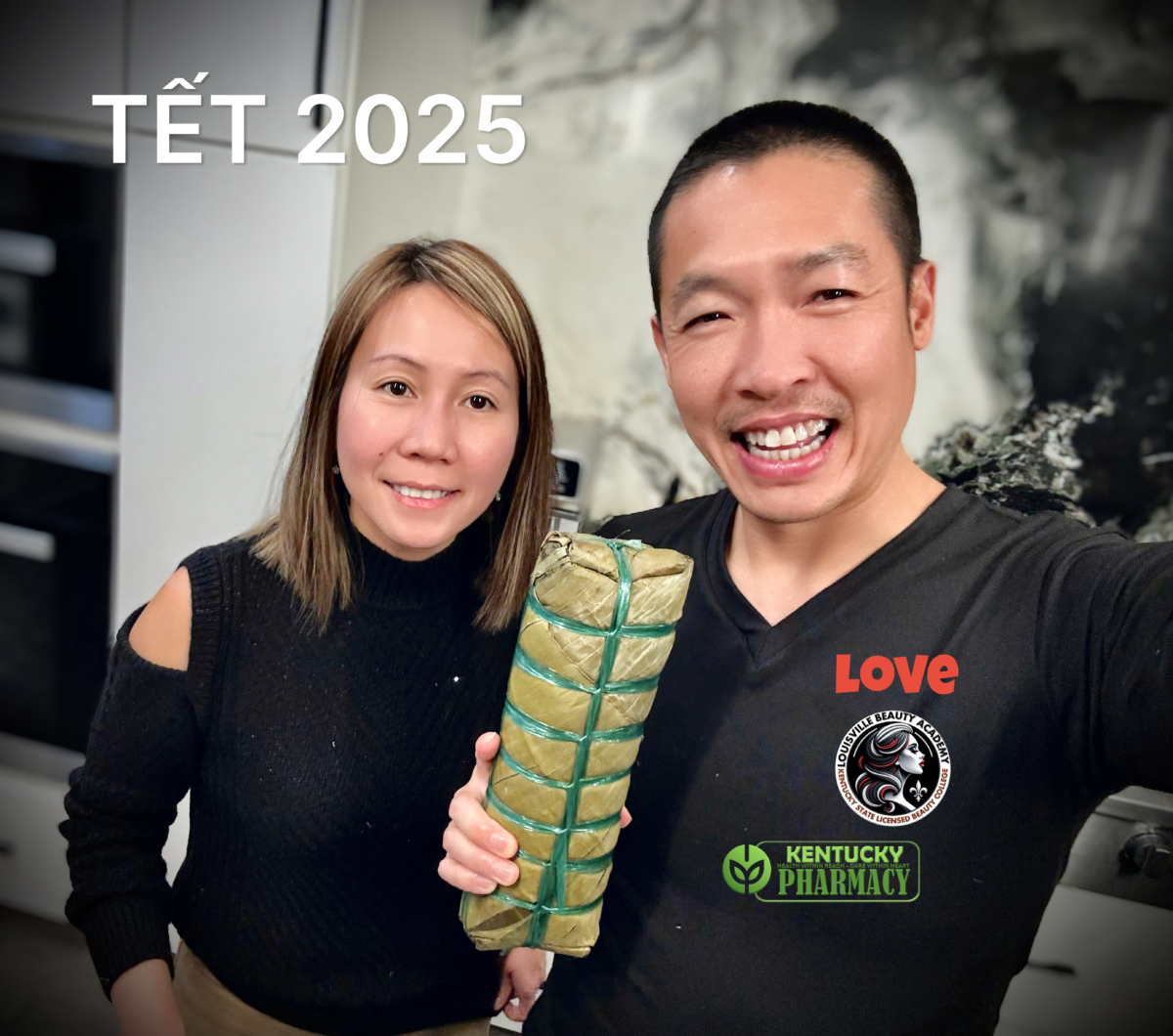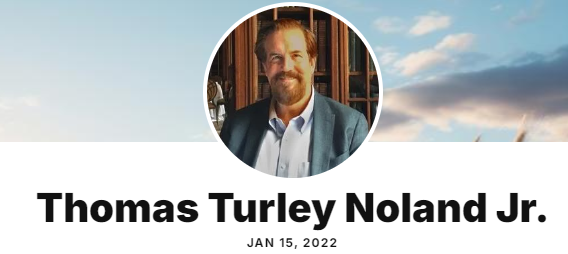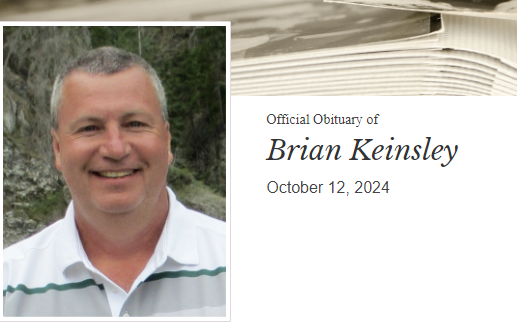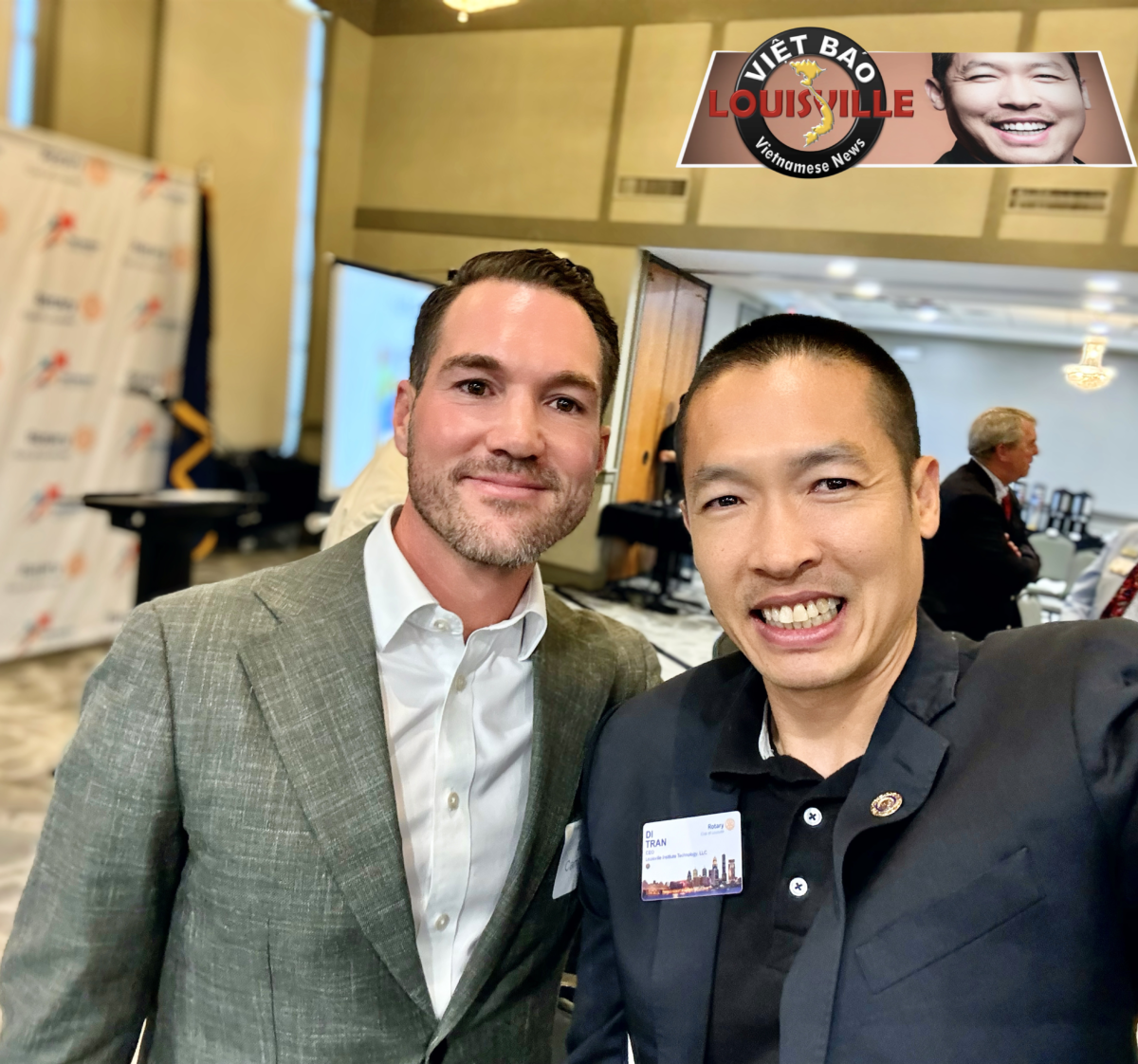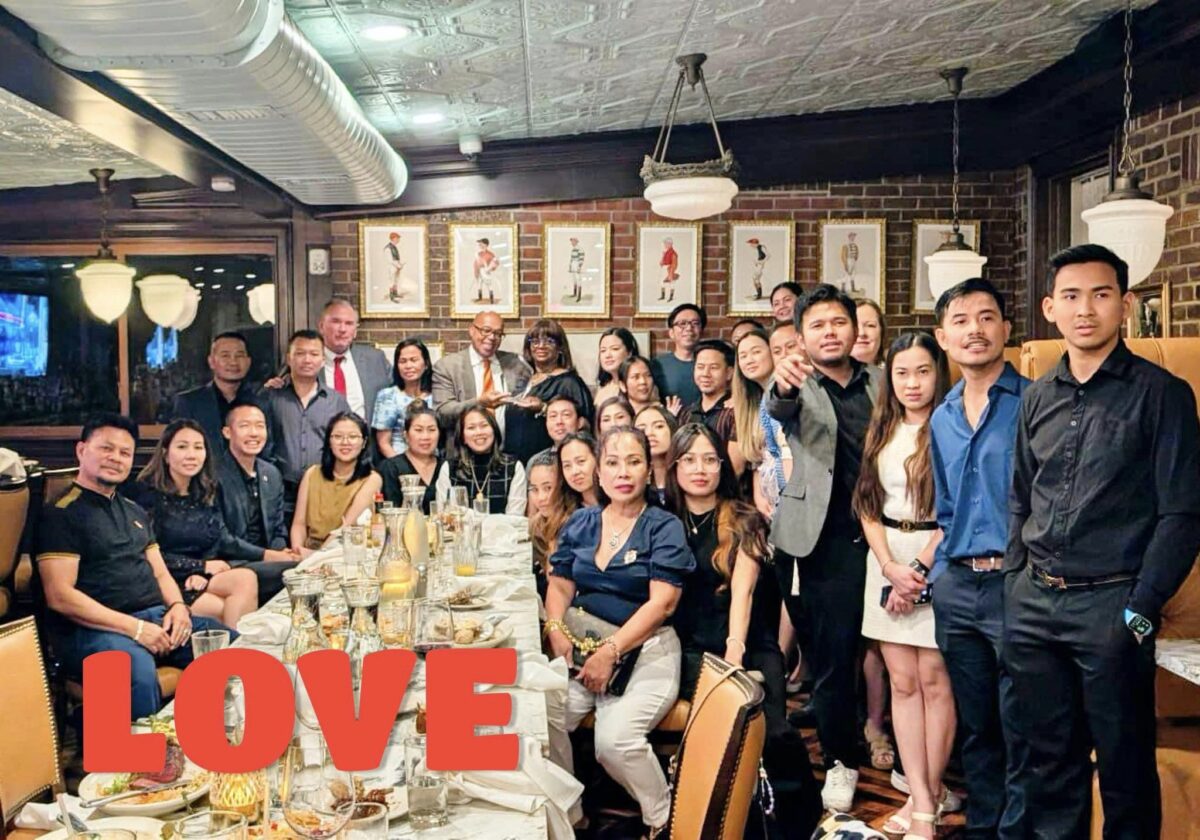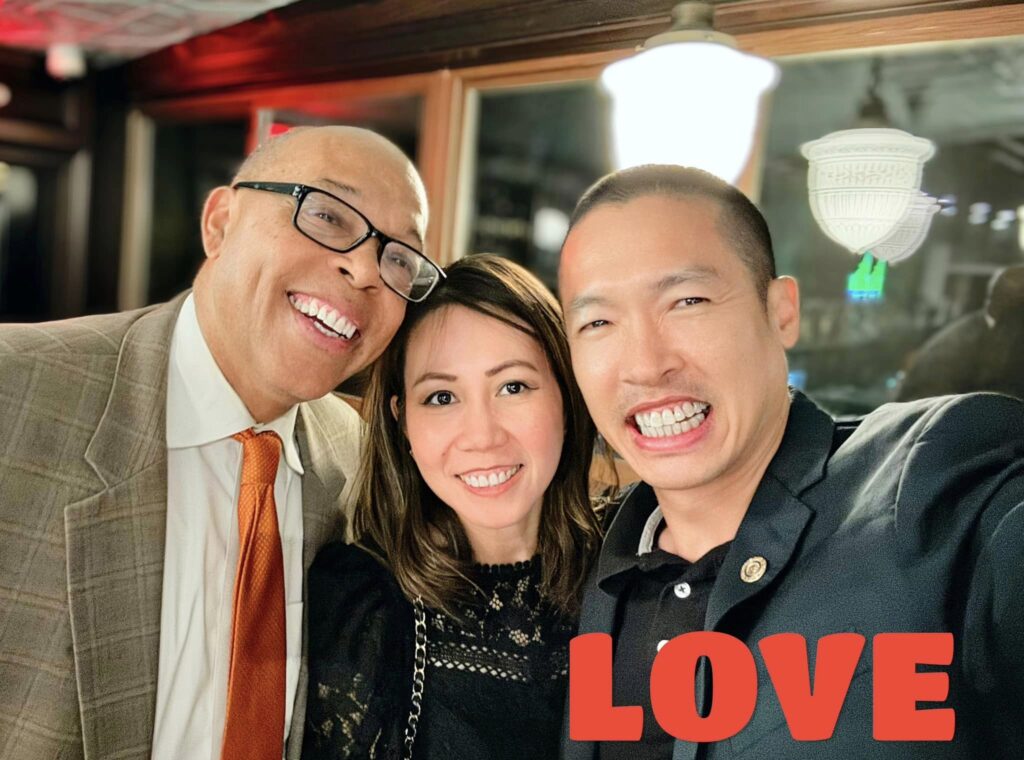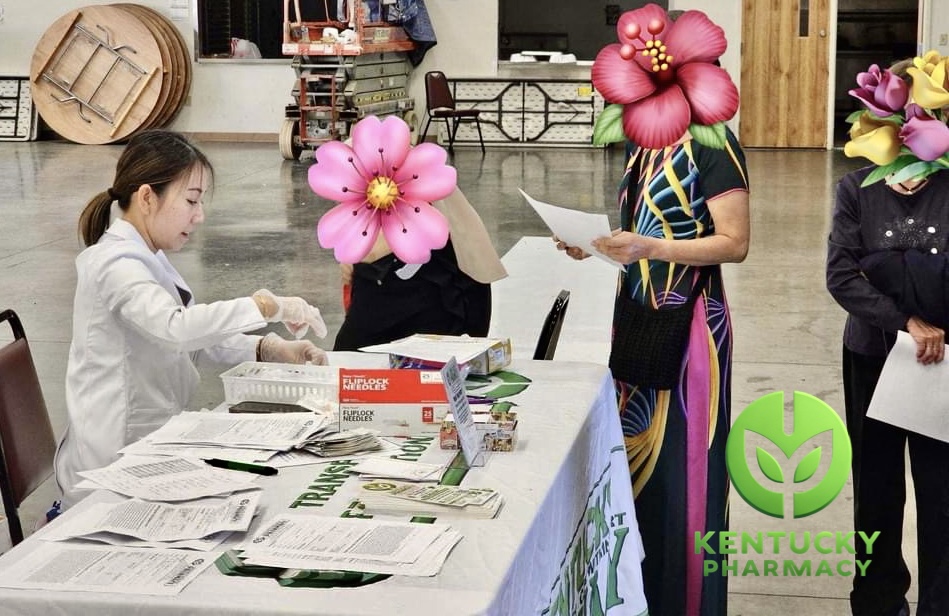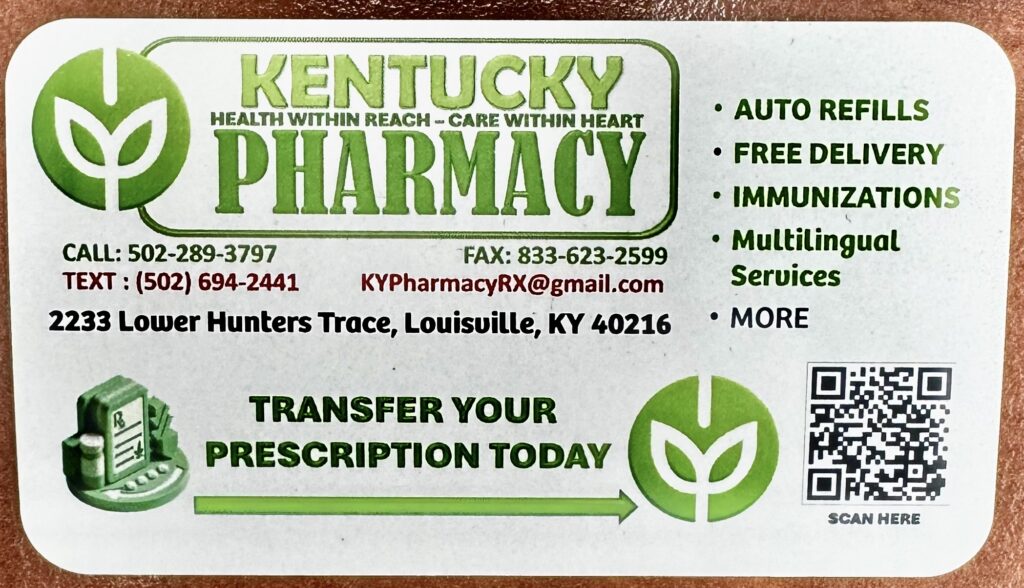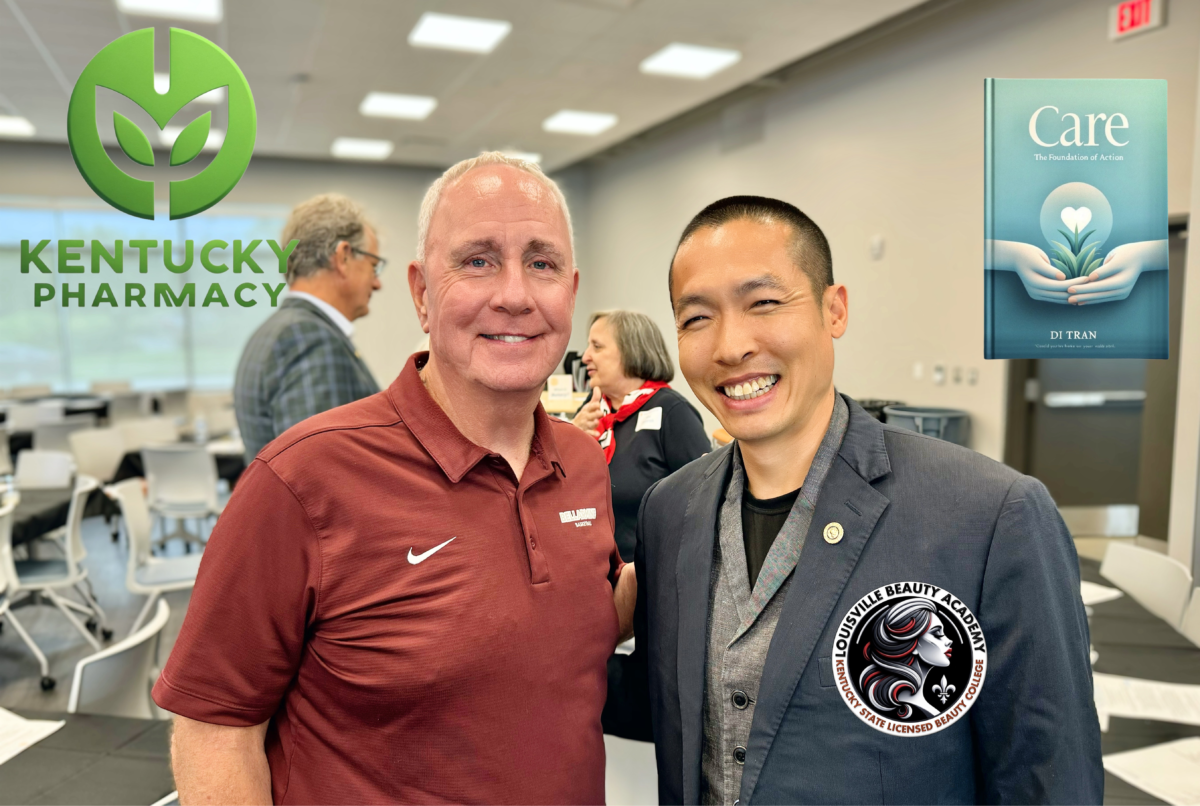Key Points
- PBM Impact: Pharmacy Benefit Managers (PBMs) are criticized for practices like low reimbursement rates, spread pricing, and steering patients to their own pharmacies, which harm independent pharmacies.
- Trump Administration Actions: The Trump administration has targeted PBMs through executive orders and legislation to increase transparency and competition, with notable actions in 2018, 2019, and 2025.
- Major PBMs: The top three PBMs—CVS Caremark, Cigna Express Scripts, and Optum Rx—control about 80% of the market, with others like Humana, Prime Therapeutics, and MedImpact also significant.
- Investigations and Blocks: Federal and state efforts, including FTC investigations and Arkansas’s 2025 ban on PBMs owning pharmacies, aim to curb anti-competitive practices.
- Controversy: While PBMs argue they lower drug costs, critics, including bipartisan lawmakers, highlight their role in inflating prices and reducing pharmacy competition.
How PBMs Harm Pharmacies
PBMs act as middlemen in the prescription drug supply chain, managing benefits for health plans. However, their practices often disadvantage independent pharmacies. They set low reimbursement rates, sometimes below the cost of drugs, making it hard for pharmacies to stay profitable. Through “spread pricing,” PBMs charge insurers more than they pay pharmacies, keeping the difference. Their ownership of pharmacies (e.g., CVS owning Caremark) allows them to favor their own stores with better rates and steer patients away from competitors, reducing business for independent pharmacies. Past use of “gag clauses” also limited pharmacists’ ability to inform patients about cheaper options, though these are now banned.
Trump Administration’s Response
The Trump administration has taken steps to address PBM practices. In 2018, it passed laws banning gag clauses to improve price transparency. In 2019, it proposed removing legal protections for PBM rebates to reduce conflicts of interest. In 2025, an executive order aimed to enhance PBM transparency and competition, building on earlier efforts like the Most Favored Nation model (though previously blocked in court). These actions reflect a broader push to lower drug costs and protect pharmacies.
Major PBMs
The leading PBMs include CVS Caremark, Cigna Express Scripts, and UnitedHealth Group’s Optum Rx, which dominate with an 80% market share. Other key players are Humana, Prime Therapeutics, and MedImpact Healthcare Systems, collectively controlling 95% of the market.
Investigations and Blocks
The Federal Trade Commission (FTC) is investigating PBMs for anti-competitive practices, with a 2024 report highlighting their role in inflating drug costs. Arkansas became the first state to ban PBMs from owning pharmacies in 2025, and 39 state attorneys general have urged Congress to follow suit. Proposed federal laws, like the PBM Act, aim to force PBMs to sell pharmacy assets to restore competition.
Detailed Report on PBMs and Their Impact on the Pharmacy Business
Pharmacy Benefit Managers (PBMs) are third-party administrators that manage prescription drug benefits for health plans, employers, and government programs like Medicare. While they were initially created in the 1960s to process claims, their role has expanded to include negotiating drug prices, managing formularies, setting co-pays, and controlling pharmacy networks. However, their practices have drawn significant criticism for harming the pharmacy business, particularly independent pharmacies, and driving up drug costs. This report explores how PBMs impact pharmacies, the actions taken by the Trump administration to address these issues, the major PBMs in the USA, and ongoing investigations and legislative efforts to curb their anti-competitive practices. It also includes a detailed artifact summarizing key findings in a structured format.
Impact of PBMs on the Pharmacy Business
PBMs have been accused of practices that undermine the viability of independent pharmacies and contribute to higher drug costs for consumers. The following are the primary ways PBMs are said to “destroy” the pharmacy business:
- Unfair Reimbursement Rates and Spread Pricing: PBMs determine how much pharmacies are reimbursed for dispensing drugs. Often, these rates are set below the cost of acquiring the drugs, making it financially unsustainable for pharmacies, especially smaller independent ones. Additionally, PBMs engage in “spread pricing,” where they charge health plans a higher price for a drug than what they reimburse pharmacies, pocketing the difference. This practice reduces pharmacy revenue and contributes to their financial strain (Commonwealth Fund).
- Vertical Integration and Steering: The largest PBMs are vertically integrated with health insurers and pharmacy chains, creating conflicts of interest. For example, CVS Caremark is owned by CVS Health, which also owns Aetna and operates thousands of pharmacies. Similarly, Cigna Express Scripts is part of Cigna, and Optum Rx is owned by UnitedHealth Group. This integration allows PBMs to favor their own pharmacies by offering higher reimbursement rates and designing formularies that steer patients to their affiliated pharmacies, reducing business for independent competitors (American Economic Liberties).
- Gag Clauses: Historically, PBMs used “gag clauses” in contracts to prevent pharmacists from informing patients about lower cash prices for drugs, forcing patients to pay higher insurance co-pays. These clauses reduced transparency and harmed both patients and pharmacies. While gag clauses have been banned in several states since 2017, federally for private insurance since October 2018, and for Medicare since January 2020, their prior use contributed to financial and operational challenges for pharmacies (Wikipedia: Pharmacy benefit management).
- Market Consolidation: The PBM market is highly concentrated, with the top three PBMs—CVS Caremark, Cigna Express Scripts, and Optum Rx—controlling approximately 80% of the market, covering about 270 million people in 2023. The top six PBMs control 95% of the market, with a market size of nearly $600 billion in 2024. This dominance allows PBMs to dictate terms to pharmacies, often forcing independent pharmacies to accept unfavorable contracts or risk exclusion from networks (Wikipedia: Pharmacy benefit management).
These practices have led to a significant decline in independent pharmacies, with many closing due to unsustainable financial conditions. The House Committee on Oversight and Accountability has noted that PBMs’ anti-competitive tactics jeopardize patient care and undermine local pharmacies (House Oversight Committee).
Trump Administration Actions
The Trump administration has taken several steps to address PBM practices, focusing on increasing transparency, promoting competition, and lowering prescription drug costs. These efforts span both the first term (2017–2021) and the second term (2025–present):
- Legislation on Gag Clauses (2018): In October 2018, President Trump signed the Patient Right to Know Drug Prices Act and the Know the Lowest Price Act, which banned gag clauses nationwide for private insurance plans. These laws allowed pharmacists to inform patients about lower-cost drug options, improving transparency and potentially reducing costs for consumers (Wikipedia: Pharmacy benefit management).
- Proposed Rule on Rebates (2019): On January 31, 2019, the Department of Health and Human Services (HHS) proposed a rule to remove safe harbor protections under the antikickback statute for PBM rebates from drug manufacturers. This aimed to address the lack of transparency in how PBMs negotiate and retain rebates, which can inflate drug prices (Wikipedia: Pharmacy benefit management).
- Executive Order on Drug Pricing (2025): On April 15, 2025, President Trump issued an executive order directing federal agencies to implement drug pricing reforms. This order specifically targeted PBMs by:
- Improving disclosure of fees paid by PBMs to brokers for steering employers to their services.
- Promoting a more competitive, transparent, and efficient prescription drug value chain.
- The order also aimed to enhance Medicare drug pricing and align payments with actual drug acquisition costs, potentially reducing the financial burden on pharmacies (White House).
- Most Favored Nation (MFN) Model: During his first term, Trump introduced the MFN model to tie U.S. drug prices to those in other countries, aiming to reduce costs. Although this was blocked in court and rescinded by the Biden administration, it reflects the administration’s focus on addressing PBM-driven price inflation (Independent Voter News).
- Continued Scrutiny: In 2025, the second Trump administration has signaled ongoing efforts to “cut out the middlemen,” with President Trump stating intentions to allow Americans to buy medications directly from drugmakers at lower prices. The administration’s appointments to the FTC suggest a continued focus on addressing PBM monopolistic practices (STAT News).
These actions indicate a bipartisan recognition of PBMs’ role in rising healthcare costs, with the Trump administration leveraging both regulatory and legislative tools to address these issues.
List of Major PBMs
The PBM market is highly concentrated, with a few key players dominating the industry. The major PBMs in the USA are:
| PBM | Parent Company | Market Share (2023) | Notes |
|---|---|---|---|
| CVS Caremark | CVS Health (owns Aetna) | ~27% | Operates thousands of pharmacies and is vertically integrated with Aetna. |
| Cigna Express Scripts | Cigna | ~26% | Part of Cigna, with significant influence over formularies and pricing. |
| UnitedHealth Group’s Optum Rx | UnitedHealth Group | ~27% | Integrated with Optum and UnitedHealth’s healthcare services and pharmacies. |
| Humana | Humana Inc. | Part of 95% (top 6) | Operates as part of Humana’s health insurance and pharmacy services. |
| Prime Therapeutics | Owned by Blue Cross Blue Shield plans | Part of 95% (top 6) | Serves multiple health plans, primarily Blue Cross affiliates. |
| MedImpact Healthcare Systems | Privately held | Part of 95% (top 6) | Independent PBM, less vertically integrated than the top three. |
- Market Share: The top three PBMs (CVS Caremark, Express Scripts, and Optum Rx) control approximately 80% of the market, covering about 270 million people. The top six PBMs collectively control 95% of the market, with a total market size of nearly $600 billion in 2024 (Wikipedia: Pharmacy benefit management).
Investigations and Blocks Against PBMs
PBMs are under significant scrutiny for their anti-competitive practices, particularly their ownership of pharmacies and control over the prescription drug supply chain. Federal and state efforts are addressing these issues:
- Federal Investigations:
- The Federal Trade Commission (FTC) has been actively investigating PBMs. In July 2024, the FTC released an Interim Staff Report titled “Pharmacy Benefit Managers: The Powerful Middlemen Inflating Drug Costs and Squeezing Main Street Pharmacies.” The report highlighted how PBMs:
- Steer patients to their own pharmacies, including for mail-order and specialty drugs.
- Pay lower reimbursement rates to independent pharmacies compared to their own.
- Engage in spread pricing, which inflates costs for insurers and patients.
- The FTC withdrew prior advocacy statements supporting PBMs in 2023, signaling a shift toward greater regulatory oversight (FTC).
- Congressional Oversight:
- The House Committee on Oversight and Accountability released a report in July 2024 titled “The Role of Pharmacy Benefit Managers in Prescription Drug Markets.” The report detailed how the top three PBMs use their market power to enact anti-competitive policies, inflate drug costs, and undermine independent pharmacies. It called for legislative reforms to increase transparency and restore competition (House Oversight Committee).
- A hearing in July 2024 saw bipartisan criticism of PBM executives for their role in rising drug costs and monopolistic practices (House Oversight Committee).
- State-Level Actions:
- On April 16, 2025, Arkansas Governor Sarah Huckabee Sanders signed HB1150, making Arkansas the first state to ban PBMs from owning pharmacies. This law aims to prevent PBMs from using their ownership to disadvantage independent pharmacies (Arkansas Governor).
- A bipartisan coalition of 39 state and territory attorneys general sent a letter to Congress in April 2025, urging passage of legislation to prohibit PBMs from owning or operating pharmacies. They cited conflicts of interest and the negative impact on independent pharmacies and consumers (NAAG).
- Proposed Legislation:
- The Lower Costs, More Transparency Act (H.R. 5378), passed by the House in December 2023, addresses spread pricing in Medicaid and requires PBMs to participate in drug cost surveys and report negotiated rates (Committee for a Responsible Federal Budget).
- The PBM Act, introduced in December 2024, would require companies owning health insurers or PBMs to sell their pharmacy assets, aiming to level the playing field for independent pharmacies (Healthcare Dive).
These efforts reflect a growing consensus that PBMs’ practices, particularly their vertical integration and market dominance, harm competition and increase costs. While PBMs argue they help lower drug prices through negotiations, critics, including bipartisan lawmakers and regulators, assert that their practices prioritize profits over patients and pharmacies.
Summary of PBM Impact and Reform Efforts
Impact on Pharmacy Business
- Reimbursement Rates: PBMs set low reimbursement rates, often below drug acquisition costs, making it unprofitable for independent pharmacies.
- Spread Pricing: PBMs charge insurers more than they pay pharmacies, keeping the difference, which reduces pharmacy revenue.
- Vertical Integration: Ownership of pharmacies by PBMs (e.g., CVS Caremark, Express Scripts, Optum Rx) allows them to favor their own stores with higher rates and steer patients away from competitors.
- Gag Clauses: Past use of gag clauses prevented pharmacists from disclosing lower cash prices, though banned federally since 2018–2020.
- Market Dominance: Top three PBMs control 80% of the market, dictating terms that disadvantage independent pharmacies.
Major PBMs
- Top Three (80% market share, 2023):
- CVS Caremark (CVS Health)
- Cigna Express Scripts (Cigna)
- UnitedHealth Group’s Optum Rx (UnitedHealth Group)
- Other Key Players (95% market share with top three, 2022):
- Humana
- Prime Therapeutics
- MedImpact Healthcare Systems
- Market Size: Nearly $600 billion in 2024, covering ~270 million people.
Trump Administration Actions
- 2018: Signed Patient Right to Know Drug Prices Act and Know the Lowest Price Act, banning gag clauses for private insurance.
- 2019: Proposed rule to remove antikickback safe harbor protections for PBM rebates.
- 2025: Executive order (April 15) to improve PBM fee disclosure and promote competition in the drug supply chain.
- Ongoing: Commitment to “cut out the middlemen” and explore direct drug purchasing from manufacturers.
Investigations and Blocks
- FTC Investigations: 2024 Interim Report highlighted PBMs’ role in inflating costs and squeezing pharmacies; prior PBM advocacy withdrawn in 2023.
- Congressional Oversight: 2024 House report called for reforms to address PBM anti-competitive practices.
- State Actions: Arkansas banned PBMs from owning pharmacies (HB1150, 2025); 39 attorneys general urged Congress for a federal ban.
- Proposed Legislation: PBM Act (2024) to force divestiture of pharmacy assets; Lower Costs, More Transparency Act to address spread pricing.
Conclusion
PBMs significantly impact the pharmacy business through practices like low reimbursement rates, spread pricing, and vertical integration, which disadvantage independent pharmacies and contribute to higher drug costs. The Trump administration has addressed these issues through legislative and regulatory actions, including banning gag clauses, proposing rebate reforms, and issuing a 2025 executive order to enhance PBM transparency and competition. The major PBMs—CVS Caremark, Cigna Express Scripts, Optum Rx, Humana, Prime Therapeutics, and MedImpact—dominate the market, controlling 95% of prescription drug benefits. Ongoing investigations by the FTC, congressional oversight, and state-level bans (e.g., Arkansas’s HB1150) aim to curb PBMs’ anti-competitive practices, particularly their ownership of pharmacies. Proposed federal legislation, such as the PBM Act, seeks to further restore competition by forcing divestiture of pharmacy assets. These efforts reflect a bipartisan push to reform the PBM industry and protect pharmacies and consumers.
Key Citations
- Pharmacy benefit management – Wikipedia
- Sanders Signs Legislation to Ban Anti-Competitive PBM Practices
- Comer Releases Report on PBMs’ Harmful Pricing Tactics
- Hearing Wrap Up: Oversight Committee Exposes PBMs
- FTC Withdraws Prior PBM Advocacy Statements
- Trump Announces Actions to Lower Drug Prices
- PBMs and Trump’s Executive Order on Drug Pricing
- Will Trump Slay PBMs?
- Attorneys General Urge Congress to Prohibit PBMs
- PBM Reform on the Horizon
- PBMs Under Intensifying Scrutiny
- PBM Act Would Force Pharmacy Sales
- What PBMs Do and How They Contribute
- The Pharmacy Benefit Mafia


